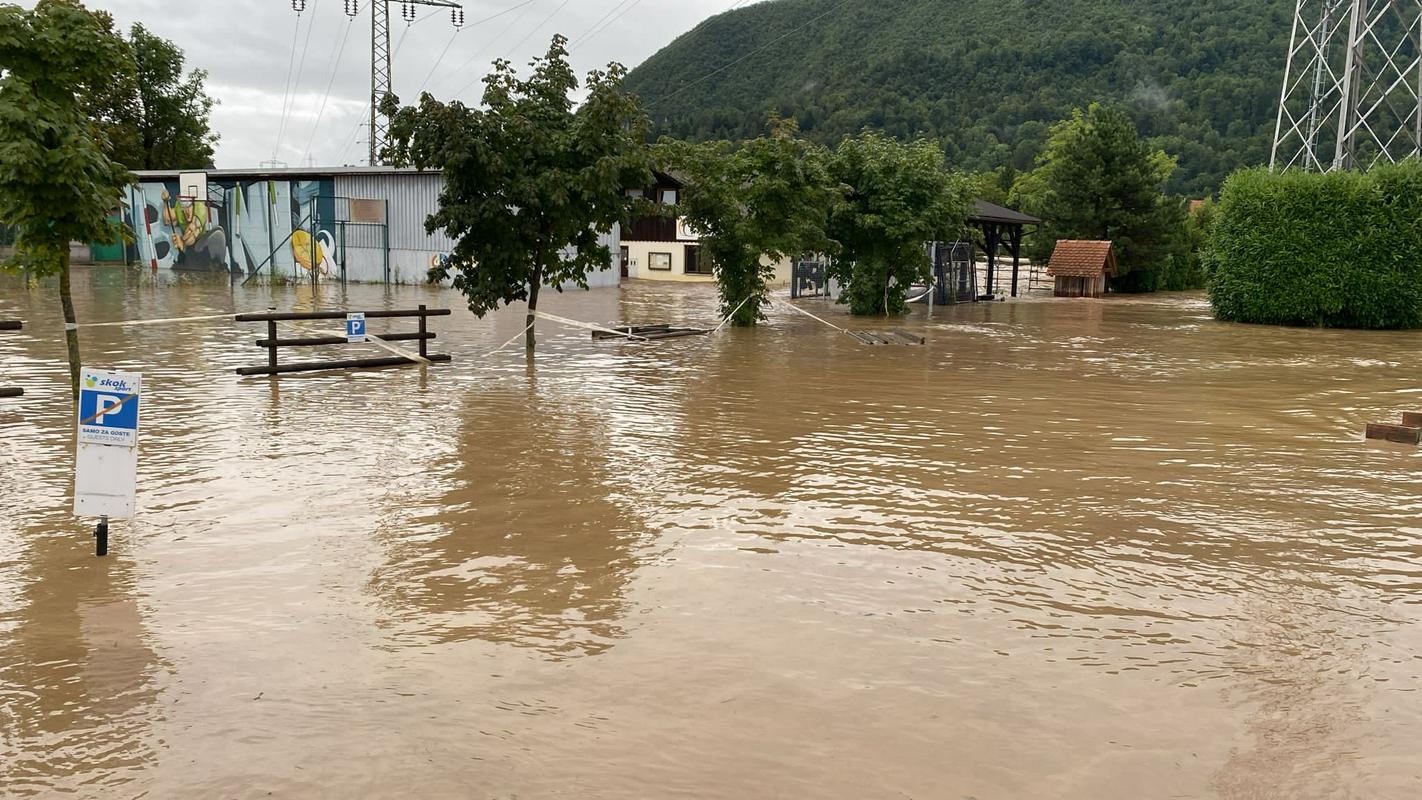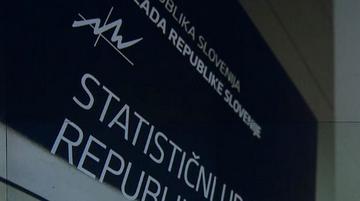
Many across the country are without electricity and communication problems have worsened the situation, particularly in the northern region of Koroška, where flooding and landslides have practically cut off the area from the rest of the country. Main road links have been severed, bridges destroyed, and many towns submerged. Water in the Mislinja valley is not potable.
Some 4,000 Celje residents, a tenth of the city's population, were evacuated. Electricity and gas have been turned off in the flooded boroughs. Residents have been advised to keep away from the swollen Savinja river. Water in the wider Celje area must be boiled before consumption.
The Drava River in northeastern Slovenia is also flooding in some areas and warning sirens have been sounded in Maribor, Duplek and Starše. Sirens were also sounded in Ljubljana.
Almost a quarter of retail locations in the country had to suspend operations due to the flooding. A number of those operating, particularly in seriously hit areas, are meanwhile reporting an increased demand for bottled water coupled with supply issues.
Three lives have been lost due to the extreme weather conditions. A Slovenian woman died in the Kamnik area, while two Dutch citizens lost their lives in the Kranj region, further northwest of Ljubljana. The exact cause of their deaths is still under investigation.
Mountain rescuers are working tirelessly to rescue people stranded both in the mountains and flooded low-lying towns. The associations of mountain rescuers and mountaineering are advising people to refrain from going to the mountains until the weather stabilizes. Many mountain cottages are also closed due to the unfavorable conditions.
In response to the disaster, the EU commissioner from Slovenia said the EU Civil Protection Mechanism is ready to be activated if requested by the relevant national services. Prime Minister Robert Golob's office today announced that an expanded National Security Council will convene tomorrow, followed by a government meeting.

































































